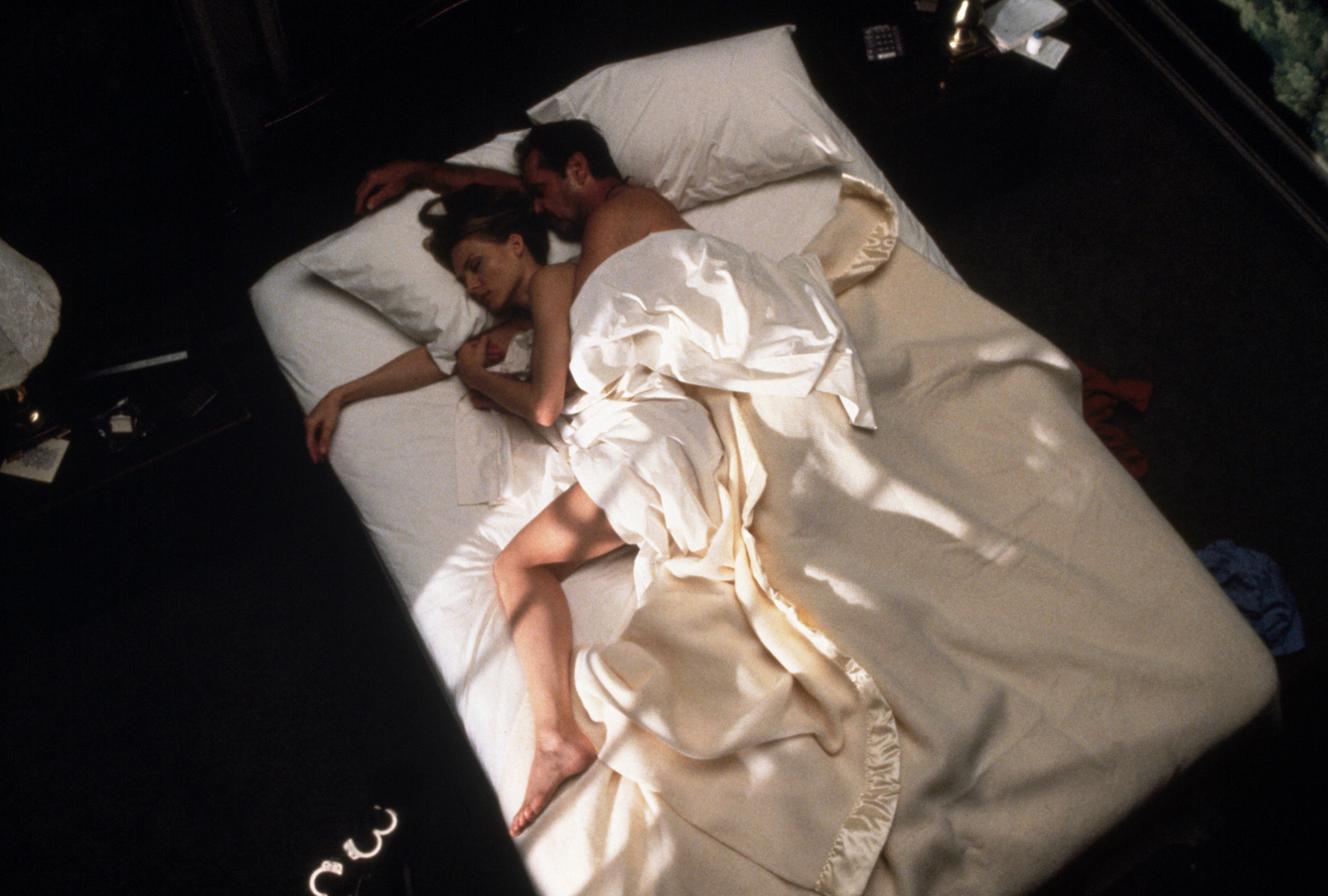Sleep hygiene. What is it and how can we all achieve it?
This is how to get a good night's sleep every night


This is how to get a good night's sleep every night
Sleep hygiene has been dubbed by Gwyneth Paltrow as the ‘biggest health trend of 2017’ and it really is the latest lifestyle movement on everyone's lips - but what actually is clean sleeping and how will it help us get a better night’s kip? Silentnight's sleep expert Dr Nerina Ramlakhan tells us.
'With research led by Silentnight and The University of Leeds finding that 25% of Brits only sleep for five hours or less per night - two hour less than the national recommended average - it’s clear that many of us might benefit from cleaning up our act as everything we do during the day affects the cleanness and purity of our sleep.'
According to Dr Nerina, it’s not the hours of shut eye we have that counts but the quality of our sleep that matters: 'The key issue is that the sleep is pure and hits those rejuvenating depths that enable complete restoration of the body and mind. After getting clean sleep for 7 -10 days you can expect to feel different – your sleep will be deeper, you will feel more more energised and, importantly, happier and more positive when you wake in the morning.'
Good sleep hygiene
When it comes to cleaning up your sleep act, Dr Nerina says you need to have some non-negotiable factors that you must do every day to achieve 'clean sleep.'
Sleep hygiene tips
Don’t commute on an empty stomach
'So many of us end up having a ‘deskfast’ because it’s convenient and easy to grab something after we’ve got off the train or driven into work. However if you put your body through the stress of a commute on an empty stomach, you could seriously impact the sleep you have that night. This is because the body ends up running on ‘adrenaline energy’ on your way to work which is one of the main factors causing shallow, ‘muddy’ sleep. To achieve clean sleep, eat breakfast every day and within 30 minutes of rising.'
Drink alkaline water
'If you’re already drinking the recommended two litres of water a day and you want to take it to the next level, try adding a squeeze of lemon and a pinch of sea salt to alkalise the water. The body functions optimally at an alkaline PH of 7.35, so hydrating with alkaline water helps our body to work properly; transmitting messages and enabling our physiological processes including to get good restorative sleep.'
Celebrity news, beauty, fashion advice, and fascinating features, delivered straight to your inbox!
Think about the half life of caffeine
'We all know that cutting down on caffeine will help with sleep issues but very few of us think about the half life of the coffee or tea we’re drinking. The half life of caffeine is five hours which means if you have a drink at 5pm you will still have half that amount in your blood supply by 10pm. You probably won’t feel energised by 10pm but the caffeine is still in your system and it’s enough to stop you getting deep, clean sleep.'
Stop aimlessly looking at your phone
'When we get an alert on our phone the brain mentally responds, so even if the message is nothing significant we end up continuing to look at our phones, mindlessly following links on the internet and waking our brain up even more. It might be a tough habit to break but if you’re serious about getting clean sleep you need to to stop looking at your phone an hour before you go to sleep. That may even mean banning your phone completely from the bedroom and investing in a good old fashioned alarm clock.'
Have four early nights a week
'The hours before midnight are a really important part of clean sleeping; they are the hours that are deeply restorative, that heal the body and provide sought after anti-ageing benefits. Even if you get a good amount of sleep, going to bed late is likely to leave a large amount of your sleep being highly inefficient. Try to get to bed around 10.30pm four nights a week to allow your body to access that vital 90 minute phase of sleep before midnight.'
Sleep hygiene checklist
Leading sleep expert, Dr Helen Nightingale tells us that we need to set up situations that increase the chances of having a better night's sleep. Her checklist?
Check the environment you sleep in
Your bedroom should be dark and without noise and the temperature shouldn't be too warm or too cold.
Avoid alcohol and technology
Have a wind-down period between eating and watching TV. Allow yourself an hour before bedtime with no phone, no TV and no tablets.
Nuffield Health recommend this acrostic poem (of sort) to help you attain good sleep hygiene. It goes like this - and yes, it spells out 'asleep.'
A – Alcohol and nicotine - Both will interfere with sleep so limit these before bed.
S – Sleep environment – Make sure the bedroom is dark enough, comfy enough (pillows, mattress), quiet enough with good air quality and appropriate temperature for sleep.
L – Leave it out - Leave laptops, smart phones, TV’s, paperwork out of the bedroom.
E – Exercise regularly - Around an hour's exercise a day will help, but leave a ‘buffer’ period of at least 2 hours before bed
E - Eat a balanced diet - Wakefulness can be caused by hunger, but going to bed too full can also cause wakefulness. As such, make sure you consume a balanced diet throughout the day and aim to have a ‘buffer’ period of at least 2 hours before going to bed after eating a large meal. If you’re up late and haven’t eaten for four to five hours a small snack before bed might prevent wakefulness due to hunger.
P – Plan for sleep – Have a pre-bedtime wind down. Think of it as your very own bath, story, bed. Children sleep well when they have a specific routine associated with bed time and so do we. As such, try to develop a ‘wind-down’ routine at least 60 minutes before you go to bed. This period should involve ceasing doing stimulating activities (e.g. paperwork) and instead engaging in more relaxing activities – e.g. having a bath and listening to relaxing music etc.
Zzzz, here's to no more insomnia guys! And, if you must check your phone at night, at least download a sleep app to help you get your sleep pattern back in sync and avoid any nasty sleep disorders.
